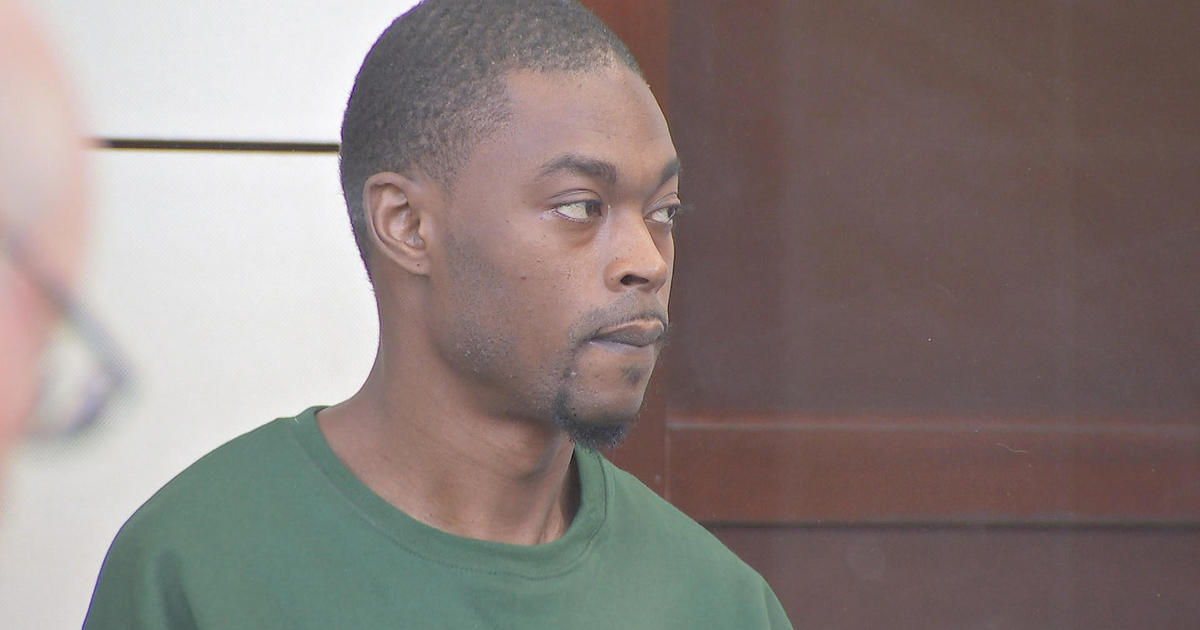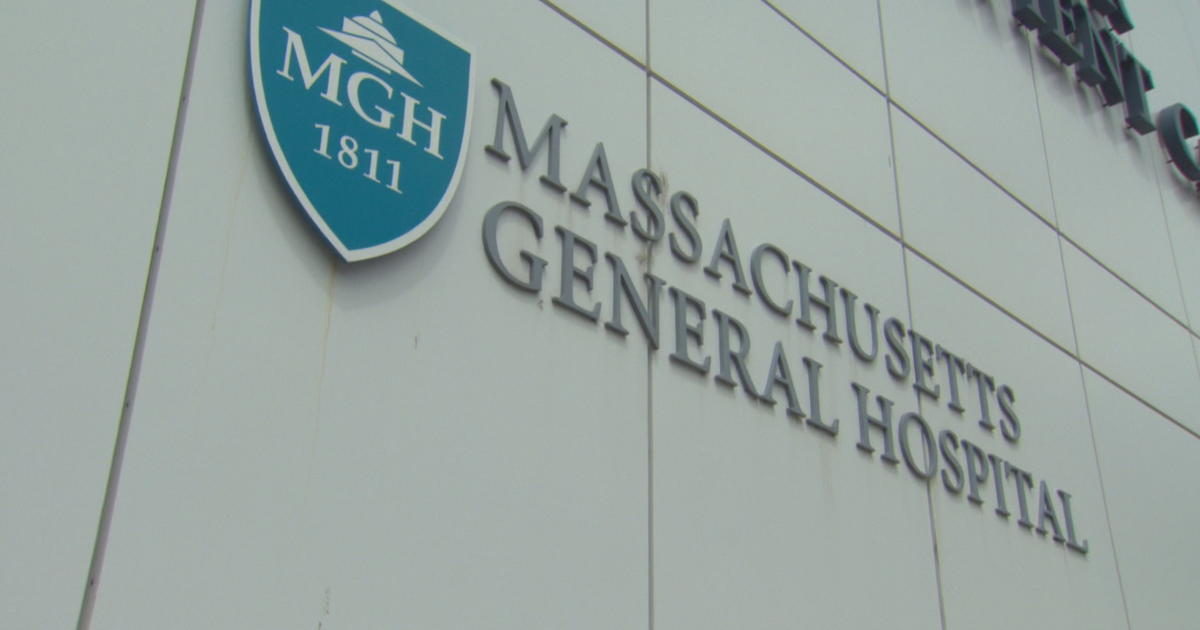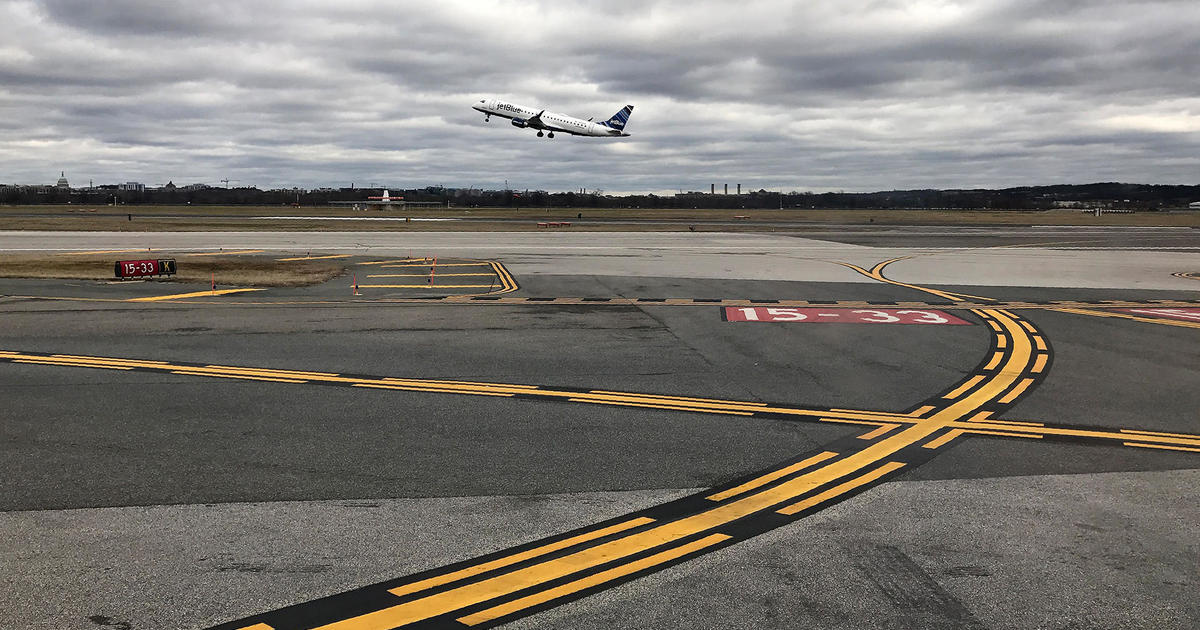Local Researchers Work To Eliminate The High From Medical Marijuana
BOSTON (CBS) - The healing powers of marijuana have been known for years. However, many patients don't want the side effects associated with smoking pot.
Groundbreaking research is taking place at Northeastern University, where researchers are trying to capture the pain relieving powers of pot while eliminating the high.
That would be good news for Bill Downing of Reading. He has suffered from genetic gout for more than 30 years. "If it is really bad, I cannot walk."
Sometimes, medical marijuana is Downing's only refuge from the pain. "Pain control from cannabis products is quite different, than say, aspirin, NSAIDS, or opiates."
Although Downing admits that he sometimes smokes pot recreationally, he was quick to say that having an option without the hallucinogenic properties would be a good thing. "Absolutely, question about it."
Professor Ganesh Thakur of Northeastern University has a $2 million grant from the National Institutes of Health for his research in splitting up those properties.
Thakur's research is focusing on the development of compounds that will replicate the positive aspects of marijuana without the high.
One of Thakur's graduate students, Abhijit Kulkarni, said "This will be a pioneering drug. There is no other drug in the market than can do this."
Kulkarni added, "This has a huge scope as far as its medical properties are concerned, and getting rid of the high component of marijuana will only increase people's beliefs in its curative properties."
Thakur's research is primarily focused on the treatment of glaucoma. The hope is that it will also provide relief for patients with all kinds of diseases and conditions including cancer pain, PTSD, Huntington's disease, and Multiple Sclerosis.
In as little as ten years, a patient could get the healing power of marijuana's active ingredient, THC, by taking just one pill a day.
Thakur believes that will make delivery of the drug much more realistic for most patients. "You cannot ask a patient to go and smoke every 3-4 hours, to smoke 6-8 times a day."
Downing couldn't be happier that science is working to give patients options. 'Thank god researchers are finally doing this work."



